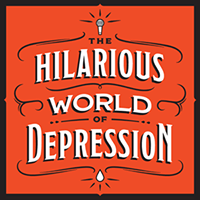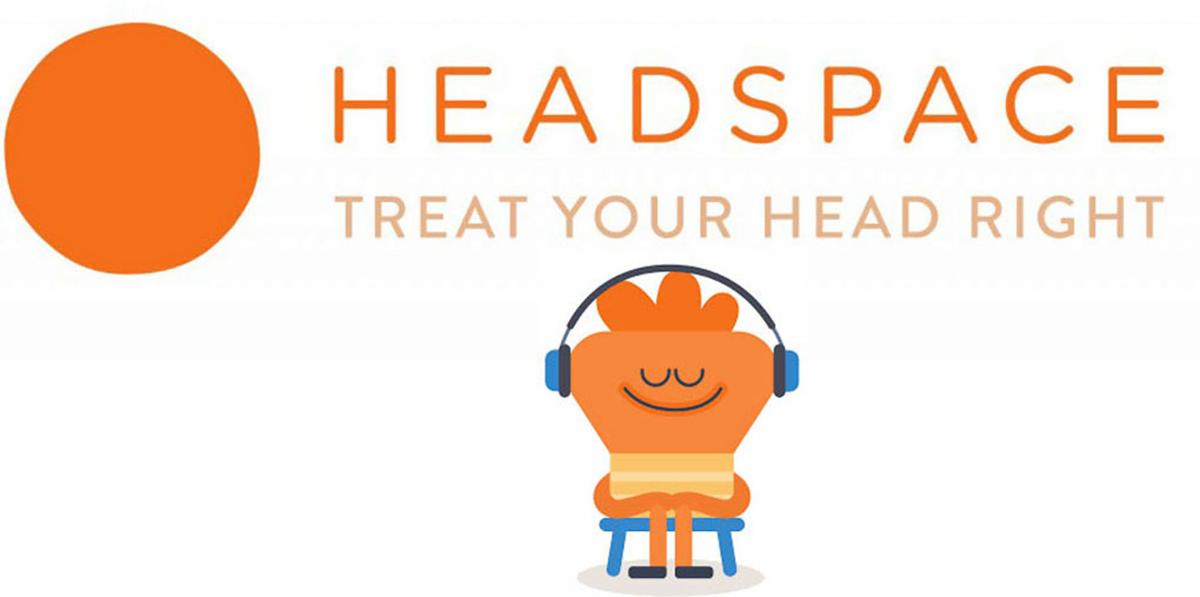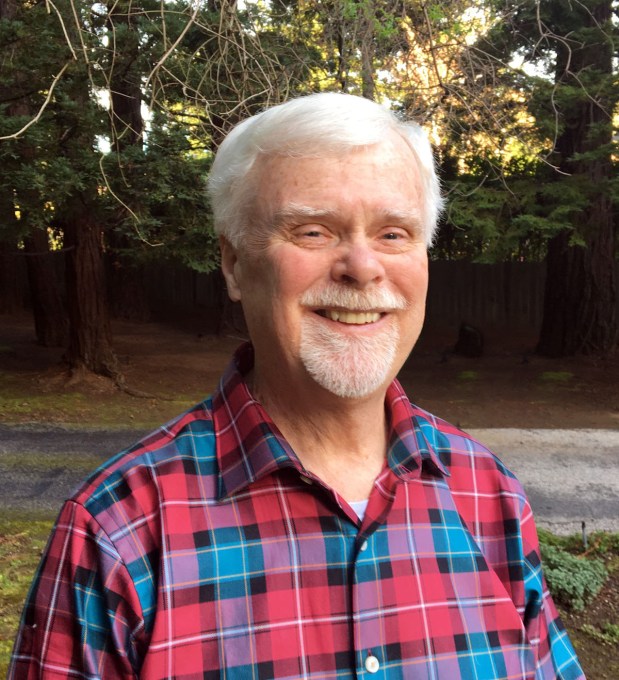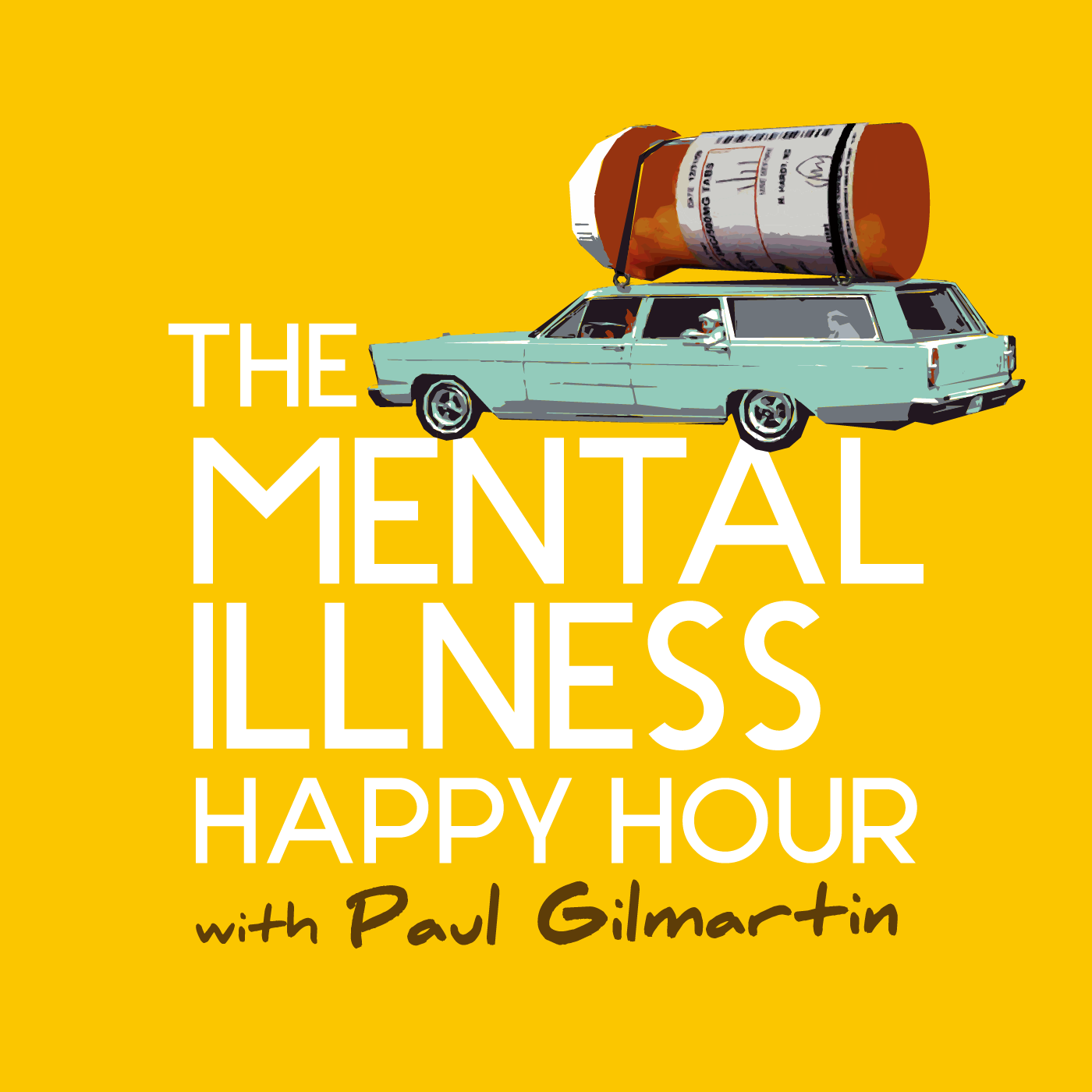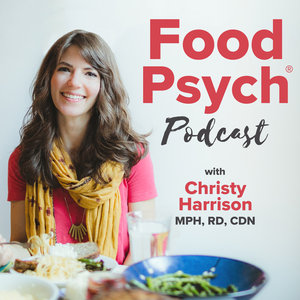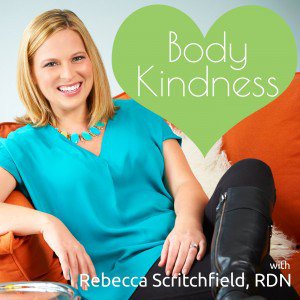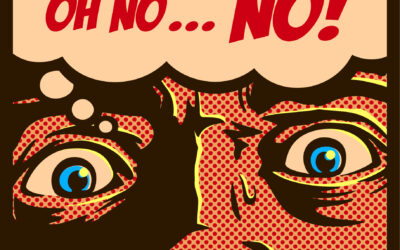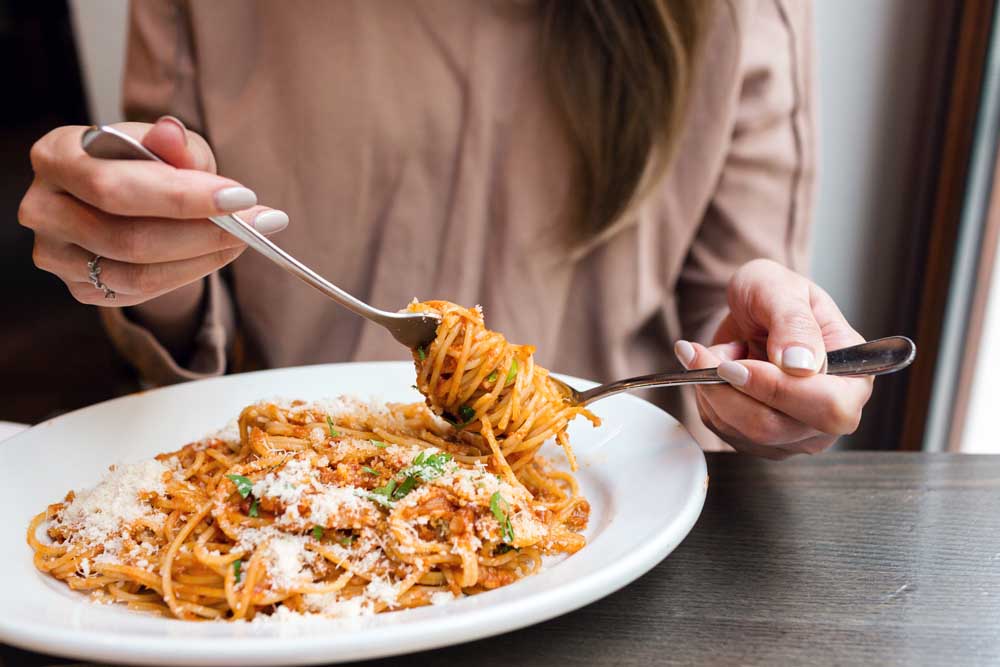
by Tiffany Schwieterman | Dec 21, 2018 | Body Image, Eating Disorder
“Present” is a guest post from Intuitive Eating specialist, Tiffany Schwieterman. If you’ve struggled with yo-yo dieting or obsessive thoughts about weight that have robbed you of a full, free life, you’ll love this article from Tiffany. You can learn more about Tiffany and her work on her website: www.tiffanyschwieterman.com
My daughter was born on Christmas Eve, 2010. I wanted to be a Mom more than ANYTHING.
I longed to be able to hold and snuggle my infant/toddler as much as possible. When I was a baby, I would have been content in my Mom’s arms 24-7. When she dropped me off with my baby-sitter, she had to bring an extra shirt. She would leave the shirt that she had been wearing, and my baby-sitter would put it on. I was okay…as long as I could at least smell my Mom.
My daughter however, wanted “down” as soon as had the skills to make that request physically and/or verbally. She was happy to be dropped off at daycare. She fed herself as soon as she was able. She hasn’t allowed me to pick out her outfit or dress her since she turned two. She didn’t want me to walk her down the hall to her preschool classroom, she wanted to go by herself. You get the picture – an independent soul.
As parents, there are so many things that we would do, if we could, to create an ideal world for our children. For me, that would include creating a world where diet culture doesn’t interfere with her life.
I hope that diet culture never…
- Steals the joy that she experiences from moving and challenging her body.
- Makes her doubt the healthy relationship that she has with food and her body.
- Occupies her time and energy that could be better spent on her academics, career aspirations, hobbies, friendships, relationships, or enjoying motherhood (If that’s what she wants).
My daughter is the greatest Christmas present I could ever receive. I have realized over the past 17 months of my Intuitive Eating journey, that one of the greatest presents I can give back to her, is for me to be PRESENT.
For almost the first seven years of her life, I had obsessive thoughts about food and my body – EVERY DAY. I packed her up, and took her to a Weight Watchers (WW) meeting when she was THREE DAYS old. A meeting that I had planned to attend and anxiously waited for, months before she was born. I remember being at a WW meeting after I had a lost a significant amount of weight. I was being congratulated (for my obsessive life-sucking thoughts and behaviors). I was asked how I was so successful. I replied “I never deviate from the plan. I know how I’m going to spend my daily and bonus points for the entire week ahead.” Even the WW leader had the wherewithal to feel and look concerned. He asked “What about the unexpected treats in the office break room, or a surprise date night?” I replied:
“I don’t allow myself to participate in anything unplanned – it’s not worth it.”
Um…what? It’s not worth it? Avoiding spontaneity and surprises at all costs? How sad. This mentality continued no matter what diet I was on during the years that followed. If I was following the plan, I was a superior being. If I deviated in any way, I was disgusting. Needless to say, I was not PRESENT. I wasn’t present or connected in/with my own body. I certainly wasn’t fully participating in life.
I was very happily married, I was proud of my jobs, and I loved being a Mom. Simultaneously, diet culture was robbing me of so much time, energy, and opportunities for fun and connection.
I can now easily enjoy spontaneous sushi dates with my daughter. I can do this without feeling stressed about going “off plan,” or considering it a “cheat meal.” I can easily eat the special Christmas cookie that she made me, without trying to estimate how many calories I’m consuming. I can go on a walk with her and our dog, without being frustrated if we aren’t going fast or long enough to be “worth it.”
I couldn’t dream of a better Christmas present than my daughter. Intuitive Eating and Health At Every Size has given me the gift of being able to be PRESENT for her, the rest of our family, my friends, passions, clients and…me.
-This is a guest blog post written by a wonderful Certified Intuitive Eating Counselor, Tiffany Schwieterman, located in Vancouver, WA.

by Ericka Martin, LMHC, LPC | Oct 30, 2018 | Apps, Body Image, Coping, Depression
Are you looking for a podcast to help you take better care of yourself and your mental health? I love the convenience of a podcast— It’s self-care you can access in your car, while you wash the dishes, or take the dog for a walk. Self-care is critically important to a well-rounded and satisfying life! Podcasts help with self-care in a way that only modern technology is able to do.
Let’s have a look at seven popular mental health podcasts that are waiting to show you the way:
1. The Hilarious World of Depression: Calling it out like it is, this podcast series is intended to bring the light to the often too-dark world of depression by combining it with humor. If you’re looking for a education on mental health, specifically depression, and you want to enjoy it even on your darkest days, this free podcast is something to check out. Find more information waiting for you at:
https://www.facebook.com/thwod/
2. Headspace: Finding inner peace could be as simple as finding the right podcast to lead you down the path to relaxation. Headspace is a popular due to its mobile app focus. It offers guided meditation in both short and long sessions to fit every part of your life. It’s a favorite podcast for those struggling with stress and anxiety. Podcasts and blog posts can also be listened to and read, respectively, for free if looking for a more immersive experience. Find more information at:
https://www.headspace.com
3. Good Life Project: Listen to uplifting conversations with some of the biggest names in wellness– Brene Brown, Gretchen Rubin, Tim Ferriss, and more! The Good Life Project shares a new interview every week. When looking at something that is going to fit into your social media world and offer you a community to support you on your rough days, Good Life Project has got what you want. They also offer a Facebook-based mental health group is a just that: a private community of people at all stages in mental health focus and you can belong to it and give and take within the group for free. Offering a little bit of everything in focus, this is great for those that need to see the community they’re a part of. Learn more at:
https://www.goodlifeproject.com/about/
4. Feeling Good: When you want a book to start you off on an adventure of podcasts centered on understanding mental health and depression in a positive and immersive way, look no further than the world of Feeling Good to offer it to you. With many years of experience, Dr. Burns shares advice in his book,
Feeling Good, and combines this with podcast material for free on his website. Great for a dash of traditional meets modern. Find more waiting for you at:
https://feelinggood.com/about/
5. The Mental Illness Happy Hour: In hour-long sessions you’ll find helpful advice and uplifting messages focused on addiction, depression, and more. You can listen to podcasts for free that are up to a year old and subscribe via Stitcher to listen to new ones for a monthly fee. Take a look at it for yourself at:
http://mentalpod.com
6. Food Psych: A first step to feeling good is fueling your body. More and more people are stuck in chronic dieting, leading to weight cycling that is harmful to your physical and mental health. Find relief from diet culture, fat shaming, and other disturbing societal norms. Food psych takes firm hold on these concepts, using the latest research, helping each listener learn about having a healthy relationship with food that spills over into accepting and loving your body in a way that is healthy on all fronts. Have you been curious about the Health at Every Size movement or Intuitive Eating approach? Learn more here. It’s waiting for you with a membership of $47 for access to two seasons of this innovative podcast and bonus content, or simply enjoy the free weekly interviews. Find more at:
https://christyharrison.com/foodpsych/
7. Body Kindness: What if loving yourself was as simple as learning to love yourself for all of your good and bad parts? That’s exactly what Body Kindness offers. From talking about food to relationships and everything in between, this podcast will help you on your way to a better understanding of yourself. You’ll learn to love your body and practice respectful ways of caring and nourishing it. Weekly podcasts are free to listening and you can also look for one-on-one consultation or invest in a $20 book on body kindness. For more information, please look to:
https://www.bodykindnessbook.com/podcast/
Before the internet-based world, mental health was something that you needed to struggle with on your own, but these seven option offer you seven ways to get in charge of yourself and your mental health in healthy and accessible ways. Pick you favorite podcast and start transforming your life for the better today!
Here are some of our other blog articles you might like:

by Ericka Martin, LMHC, LPC | Aug 31, 2018 | Body Image, Depression, Self Acceptance, Self Worth
The feeling of shame has a reputation of being the vampire of emotions–the feeling that will suck the life right out of you. Because it comes with it a very physical discomfort, heat, and pain, it’s probably on your list of emotions to be avoided at all costs.
In this blog, I’m going to ask (and attempt to answer) the hard questions: Why do we experience shame? What utility does it have for us? What’s a person to do when they’re feeling trapped in a shame spiral?
First, to understand why we experience shame, we have to explore what triggers it.
Shame happens when you’ve broken an agreement that you’ve made with yourself. It is a faithful (and loud) reminder that you’ve strayed out of bounds and broken an internal “rule.” Sometimes shame goes ahead of you, before you’ve actually done the “wrong” deed, preventing you from taking an action that would be out of alignment with your values.
Our internal “rules” are a mixture of AUTHENTIC and INAUTHENTIC shame, a concept pioneered by Karla McLaren in her book, “The Language of Emotions.”
AUTHENTIC SHAME:
AUTHENTIC shame happens when you’ve broken the code of your character or integrity. These “rules” are the moral code that you would apply NOT ONLY to yourself but to other people as well. For example, a part of my moral code is to not gossip. Every single time I find myself participating in gossip with a friend, a feeling of shame creeps up, informing me with its icky feeling that I’m out of line. My “rule” about gossip is one I would teach my children and one I’d hope all people would embrace.
AUTHENTIC shame helps you live a value-drive life. It acts like a curb, nudging you back to alignment with your deepest sense of integrity.
INAUTHENTIC SHAME:
On the other hand, INAUTHENTIC shame happens when you’ve broken internalized rules that apply ONLY to you. Here are several examples:
- A student to has to get all A’s and feels shame for that lone B+ on their transcript.
- A teen girl feels shameful disgust for the fat on her body because she’s taken in messages that fat is abnormal/wrong/shameful
- A woman has a miscarriage and feels shame, believing this wouldn’t have happened to her unless there was something bad/wrong with her.
- A man looks in the mirror at his receding hairline and feels a twinge of shame, as if he’s broken the rule that a man must have a full head of hair.
- A professional’s voice shakes while giving a presentation at work, feeling shame because they believe it’s bad/wrong to display any form of anxiety in public.
INAUTHENTIC shame is triggered by breaking the “rules” you have for yourself that you would NEVER intentionally pass on to other people.
With INAUTHENTIC shame, there is likely a part of you that recognizes the harmful nature of your “rules.” You might recognize that it contributes to your experience of depression, low self-esteem, poor body image, or toxic perfectionism. AND, you might still feel stuck, buying into those “rules” despite your recognition of the double standard at play.
HOW DOES INAUTHENTIC SHAME DEVELOP?
INAUTHENTIC shame springs forth from messages you’ve received from the outside (a critical comment from someone or maybe even messages from the media about what an ideal person is like). It’s as if you’ve taken someone else’s garbage home with you, accepted it as your own, and lived with its stench day after day.
THE REALITY IS: Whether your experience of shame is AUTHENTIC or INAUTHENTIC, 100% of the time it is informing you about internal rules that you are breaking.
4 STEPS FOR BREAKING OUT OF INAUTHENTIC SHAME
- Start by labeling the shame as INAUTHENTIC, as something that has been applied to you and caused you harm.
- Identify clearly what “rule” you are breaking. What are the specific details of the rule? For example: The rule that I’m not allowed to make mistakes OR The rule that I have to do X, Y, and Z by the time I’m 30 or else I’m a failure.
- Ask yourself: Where did this rule come from? What has allowed this rule to take root in you over time? Whose garbage is this?
- Try out Karla McLaren’s CONTRACT BURNING visualization skill for a powerful and effective way of releasing that old “rule.”
If you’d like help shifting out of INAUTHENTIC shame, a counselor may be able to help. The counselors with Star Meadow Counseling love helping clients explore and alter the “rules” that have kept them stuck.
References:
Alexander, S. (2018). Mind Body Connections.
McLaren, K. (2010). Language of emotions. [United States]: Sounds True.
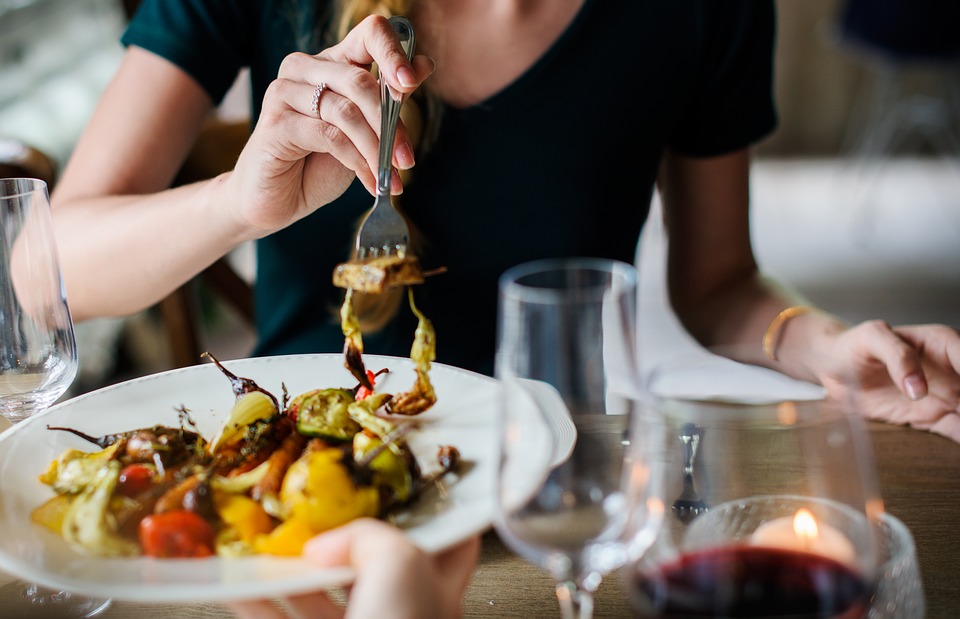
by Christine Yoshida | Sep 19, 2017 | Body Image, Eating Disorder
What is Intuitive Eating?
We are all born with the natural instincts to be well-balanced eaters. Throughout our lives, many of us battle against and eventually beat down those instinctive eating habits. (more…)
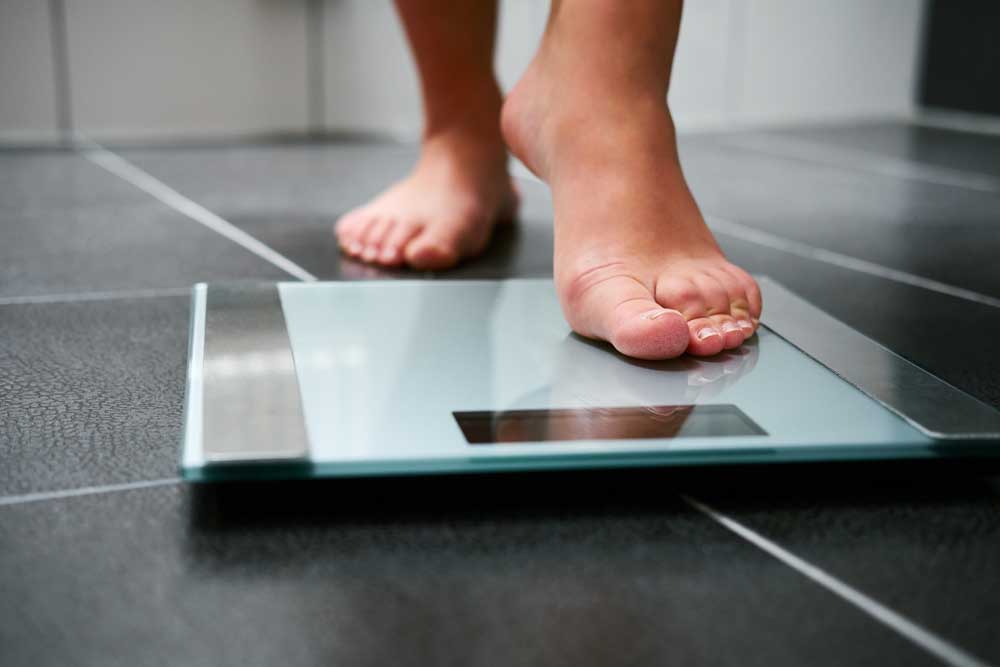
by Ericka Martin | Jul 14, 2016 | Body Image, Counseling, Eating Disorder
In Part 1 of this series, we discussed strategies for eliminating unhelpful self-criticism about your body. In this article, we will explore frequent weighing as a potential contributor to poor body image.
(more…)

by Ericka Martin | Jun 29, 2016 | Body Image, Eating Disorder, Self Acceptance
Anyone that saw the movie poster for Star Wars: Episode One could have been easily mislead into thinking this would be an epic movie. The image of Darth Vader’s shadow lurking beside the figure of innocent Anakin Skywalker is thought-provoking and thrilling!
(more…)







